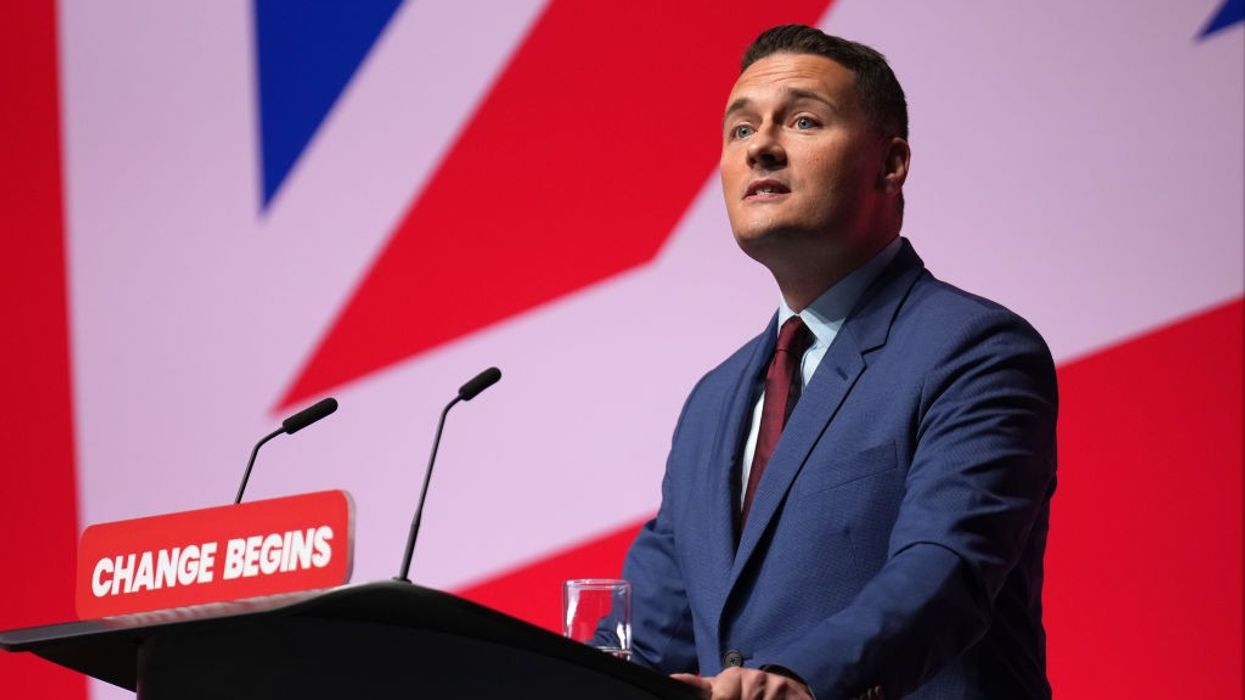The government’s extra two million appointments a year would only address about 15% of the additional activity required to meet the 18-week Referral To Treatment (RTT) target by 2028/29
The new Labour government has pledged to deliver an extra 40,000 NHS appointments, operations and diagnostics every week, equivalent to two million a year, to tackle the ongoing waiting list crisis.
It aims to ensure that 92 per cent of patients start routine hospital treatment within 18 weeks by the end of this parliament – a target that has not been met for nearly a decade.
However, a new analysis by healthcare consultancy CF (Carnall Farrar) and the NHS Confederation has revealed that these extra appointments alone will not be enough to achieve the 18-week Referral To Treatment (RTT) target by 2028/29.
The study estimates that 40,000 extra appointments per week would deliver only about 15 per cent of the additional activity required to hit the 18-week target, assuming demand continues to grow at current rates and care delivery remains unchanged.
While the report acknowledged that increasing capacity is a positive step, it stresses that further reforms and transformations in care pathways are necessary to bridge the gap.
It highlighted the need to strengthen and renew focus on existing initiatives as well as adopt more radical measures, such as creating elective hubs and centres of expertise for complex care.
Hannah Farrar, Chief Executive of CF (Carnall Farrar) said: “40,000 more operations is an important element but a step change in the Government’s approach is also needed.”
“This means a bold, transformational response to enable timely access to elective care, starting with embracing technology and treating patients holistically, and significantly accelerating the development of elective hubs and centres of expertise for complex care.”
She believes that adopting the mid- to long-term changes outlined in this report could protect and sustain the NHS long into the future.
Matthew Taylor, Chief Executive of the NHS Confederation, stated that to achieve the 18-week target by the end of this parliament, the government must use the Autumn Budget to address the short-term deficit that is causing NHS organisations to cut or freeze posts.
“This will inevitably impede efforts to increase productivity and reduce the waiting list. As our analysis with CF shows, 40,000 extra appointments a week won’t be nearly enough to hit the target,” Taylor said.
He also pointed out that the government’s plan to pay NHS staff time-and-a-half for weekend and evening shifts to clear the backlog is insufficient, as many NHS trusts are already offering similar pay.
Taylor emphasised that the NHS needs reform, not just ever more activity, to meet with the healthcare needs of the population.
“This means shifting to earlier, more preventative services – including primary and community care – to slow the rise in demand for healthcare.
“It will also mean boosting productivity through using modern technology and having buildings and equipment that are fit for the 21st Century,” he said, adding that this will require further investment in capital funding.
As mentioned in the report, there are currently over 7.5 million unresolved open care pathways, impacting an estimated 6.4 million individuals in England. Nearly four million of these unresolved open pathways form part of a significant backlog that has accumulated over the last decade.
The analysis found that to meet the 18-week standard, 3.6 million referrals must be managed at any given time to respond to the expected need for care and prevent the waiting list from growing further.
The NHS completed 22.2 million outpatient appointments, 2.8 million day-case procedures, and 740,000 overnight stays in 2023/24.
It is estimated that to reduce the waiting list to a level that would maintain the 18-week target, the NHS will need to provide 33.6 million outpatient appointments, four million day-case procedures, and 1.1 million overnight stays in 2028/29.
This represents a 50 per cent increase in activity compared to current levels.



















